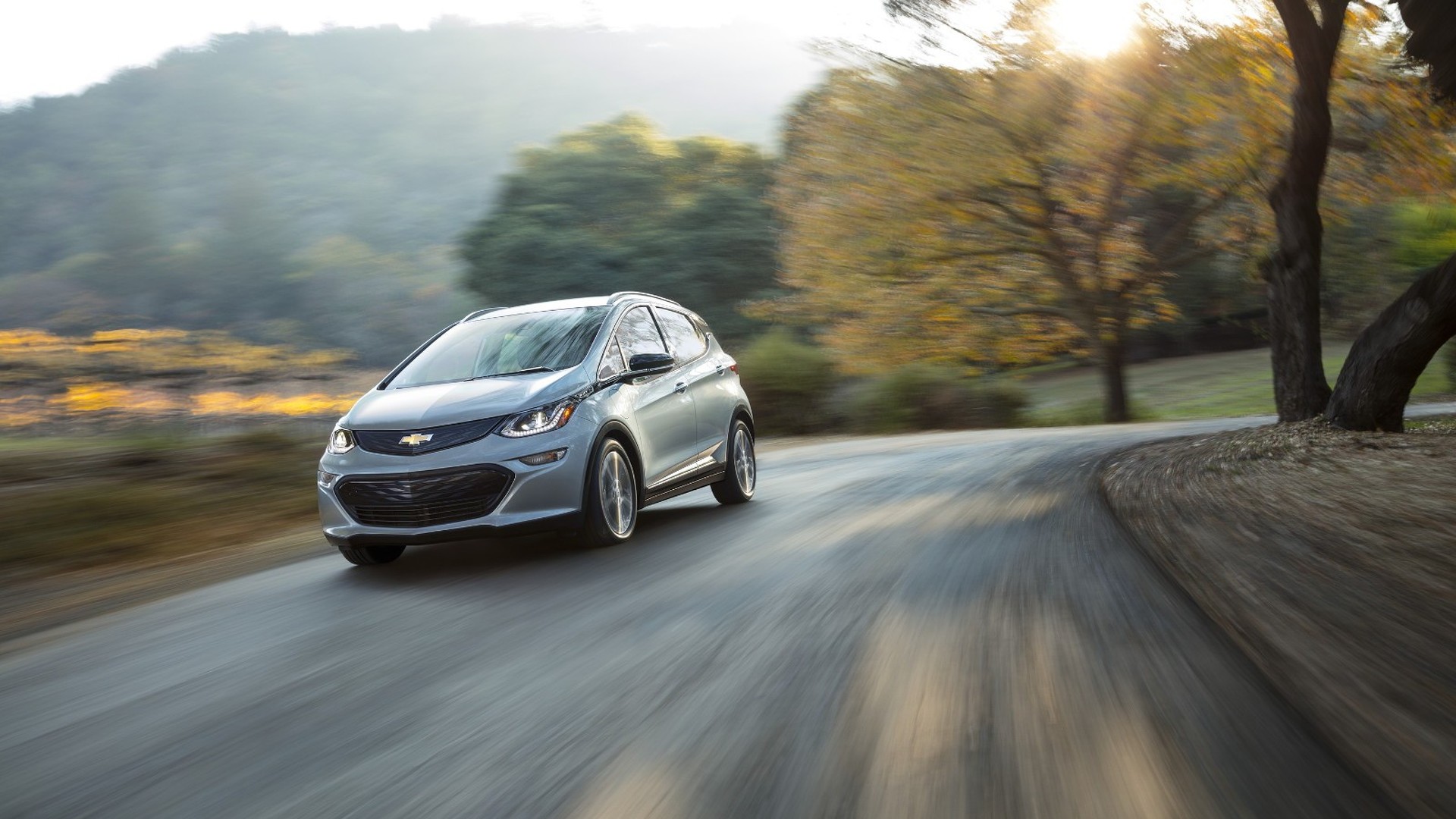

Leaders in driverless technologies GM, Toyota, and Lyft are pushing for the United States federal government to hop on board with their projects by setting up regulations so they can begin testing ASAP. Many of those involved with autonomous cars have faced problems with state governments (we’re looking at you, California), making it difficult to gather data from real world situations. This proposal would help to propel self-driving efforts and put them on the fast track to reality, something that will benefit every party involved.
Representatives from these companies have been making some strong statements for the cause. They spoke at the US House Energy and Commerce Committee on Tuesday to make their intentions clear, showing how serious they really are. By involving the federal government in these decisions, it would rule out the middle-man of state governments in which case some have stricter regulations than other. Developing a standardized systems would simplify the process for testers, encouraging advancement of the technology.

GM Vice President of Global Strategy Michael Ableson said on Tuesday “”Self-driving cars won’t drive while impaired by drugs or alcohol, they won’t be distracted by a cell phone, they won’t drive drowsy or recklessly, and their speed will be limited to that of the local laws and conditions … for years, auto makers have committed our resources to protecting passengers when crashes do happen. Today, through the continuing development of technology, we have the further opportunity to avoid crashes altogether.”
They’ve hit the nail on the head with the safety approach. Traffic-related fatalities were at an all-time high in 2016, something that safety organizations will surely want to avoid this year. The faster they can get safer, smarter autonomous cars on the road, the sooner they’ll be able to reduce the number of accidents caused by human-error.
Surprisingly, we haven’t seen Tesla, Uber, or Waymo join in on this faction. It would seem logical that three of the largest players in the autonomous category would collaborate in these attempts, but they’ve remained quiet so far. Regardless of their involvement, the movement would benefit them all significantly.